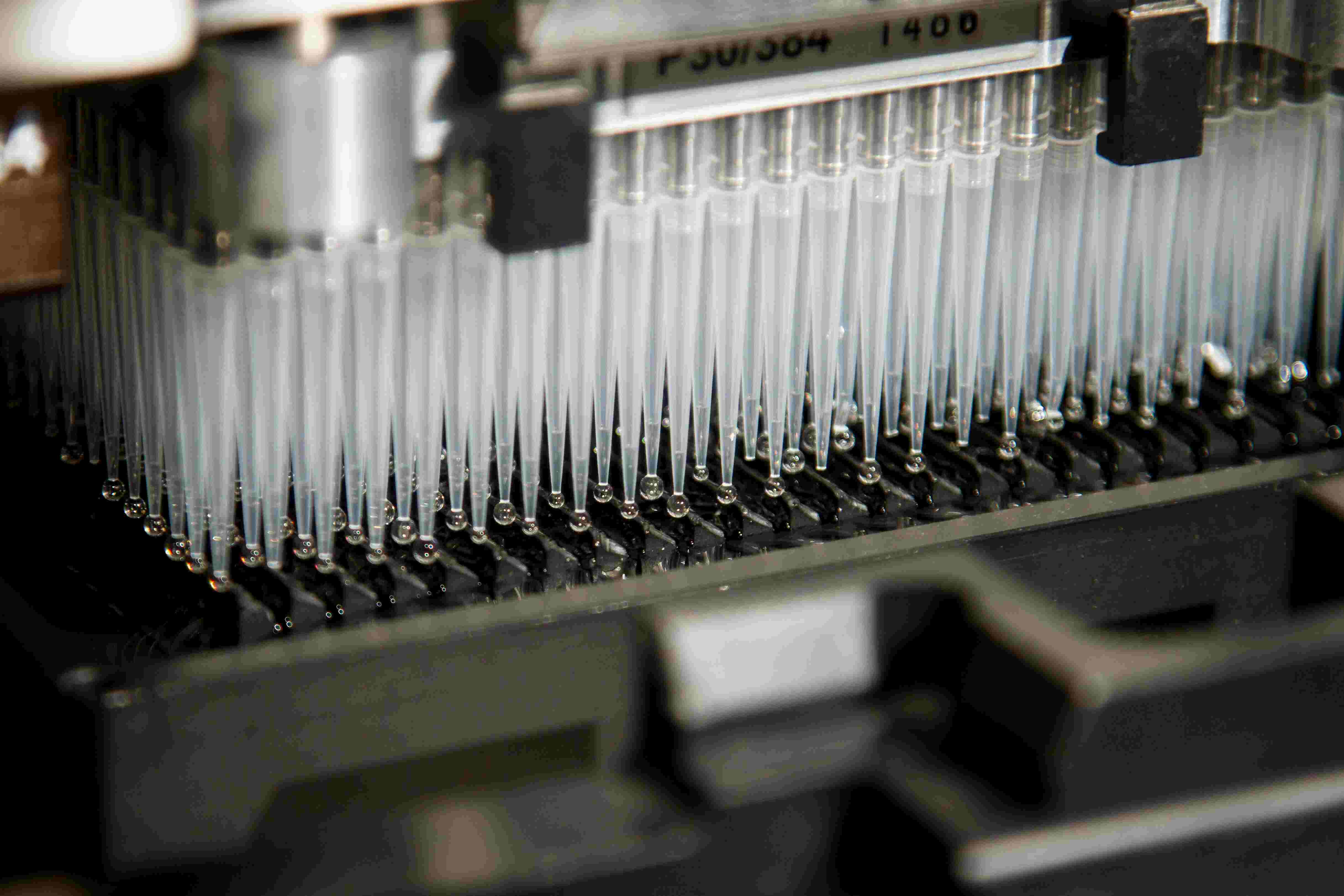Pharmacogenomic Testing Brings Real-World Benefits for Depression Treatment

Major depressive disorder (MDD) affects one in five Americans during their lifetime, and while medication is the most common treatment, only about 40% of patients find relief with the first antidepressant they try. The journey to recovery often involves a frustrating and costly trial-and-error process. But new research suggests that genetic testing may help change that.
A recent study published in the Journal of Clinical Psychopharmacology shows that pharmacogenomic (PGx) testing—analyzing a person’s genes to guide medication choices—can significantly reduce the use of ineffective or harmful medications and lower healthcare usage for patients with depression in real-world settings.

What Did the Study Find?
Researchers analyzed data from over 20,000 adults with MDD who underwent PGx testing using the GeneSight® test. This test helps doctors understand how a patient’s genetic makeup might interact with different psychiatric medications. Medications were categorized based on gene-drug interaction risk: no interaction, moderate interaction, or significant interaction.
After PGx testing:
- The number of patients taking medications with significant gene-drug interactions dropped by 39%.
- The use of medications with no known interactions increased by 71%.
- Hospitalizations for psychiatric issues fell by nearly 39%.
- Emergency department visits for psychiatric concerns dropped by over 34%.
These improvements were especially clear in patients who switched from “incongruent” (high-risk) to “congruent” (low-risk) medications.

Why Does This Matter?
The findings suggest that PGx testing doesn’t just fine-tune treatment—it can help prevent medical crises like hospitalizations and reduce the burden on emergency services. For healthcare systems and insurers, this could translate into meaningful cost savings. For patients, it means quicker relief, fewer side effects, and a better quality of life.

A Local Leader in Innovation
For the past decade, the UTHealth Houston Treatment-Resistant Depression Program has been at the forefront of personalized mental health care. In addition to offering advanced treatments like TMS and ECT— FDA-approved, non-invasive brain stimulation therapies for depression—UTHealth has also embraced precision medicine approaches like PGx testing to better tailor treatments to individual patients.
Looking Ahead
While this study is based on retrospective insurance claims data and can’t prove direct causation, the real-world benefits of PGx testing are hard to ignore. As personalized medicine continues to evolve, tools like pharmacogenomic testing may become standard practice in psychiatry, ensuring that more patients get the right treatment the first time.
Reference:
Del Tredici AL, Johnson HL, DeHart B, et al. Real-World Impact of Pharmacogenomic Testing on Medication Use and Healthcare Resource Utilization in Patients with Major Depressive Disorder. J Clin Psychopharmacol. 2025. doi:10.1097/JCP.0000000000001999
Contact
Second Opinion Intake Form – https://Go.uth.edu/CIPIntake.
Phone – (713) 486-2621
Fax – (713) 500-2728
E-mail – [email protected]
